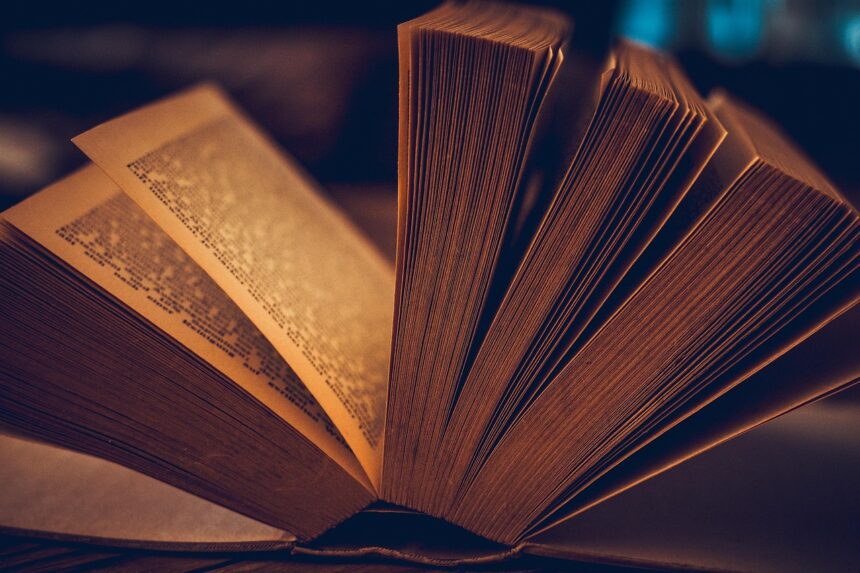A State Rooted in History, Shaped by Philosophy
Uttar Pradesh (UP), a land steeped in history and cultural significance, has long been a crucible for India’s political, social, and spiritual ideologies. From the ancient teachings of the Vedas and Buddhist enlightenment to the Mughal legacy and the freedom struggle, UP’s historical narratives have profoundly influenced its modern philosophies. But how do these historical stories resonate in shaping contemporary thought and policy? Are they tools for progress, or do they weigh down aspirations with the burden of the past?
Historical Narratives That Shape Uttar Pradesh
1. Ancient Vedic and Buddhist Heritage
- Vedic Philosophy:
- Rooted in the spiritual and intellectual traditions of the Vedas, UP’s ancient legacy centers on concepts of dharma (righteous duty) and moksha (liberation). These ideas continue to inspire moral and ethical debates in modern society.
- Buddhist Influence:
- Sarnath, where Buddha delivered his first sermon, remains a symbol of compassion, mindfulness, and non-violence, influencing movements for social justice and equality.
2. Mughal and Nawabi Legacy
- Architectural and Cultural Contributions:
- The Taj Mahal and the Bara Imambara are more than monuments; they represent a blend of art, science, and human creativity.
- Ganga-Jamuni Tehzeeb:
- This cultural philosophy of communal harmony, born during the Mughal and Nawabi eras, remains a cornerstone of UP’s identity, though challenged by rising polarization.
3. Colonial Rule and the Freedom Struggle
- Rebellion and Reform:
- UP played a pivotal role in the 1857 Revolt, with Kanpur, Meerut, and Lucknow becoming centers of resistance against British rule.
- Gandhian Ideals:
- Mahatma Gandhi’s emphasis on non-violence and self-reliance found fertile ground in UP, shaping grassroots movements and political strategies.
4. Post-Independence Social Movements
- Caste and Dalit Rights:
- Inspired by Dr. B.R. Ambedkar, UP’s Dalit movements challenge caste discrimination, fostering conversations about social justice and inclusion.
- Political Powerhouses:
- Leaders like Jawaharlal Nehru, Atal Bihari Vajpayee, and Mayawati have drawn from historical narratives to build their visions for UP and India.
Modern Philosophies Influenced by History
1. Political Philosophy
- Identity Politics:
- Historical caste dynamics continue to influence modern political strategies, with parties like the BSP and SP drawing from Ambedkarite and socialist ideologies.
- Religious Narratives:
- The Ram Janmabhoomi movement, rooted in the historical significance of Ayodhya, has shaped contemporary debates on secularism and majoritarianism.
2. Social and Cultural Philosophy
- Caste and Gender Equality:
- The teachings of Buddha and Ambedkar underpin ongoing struggles for equality, particularly in rural UP, where traditional hierarchies remain entrenched.
- Preservation vs. Modernization:
- Historical narratives often clash with modern philosophies, such as in debates over conserving heritage structures versus urban development.
3. Economic and Educational Thought
- Agrarian Legacy:
- UP’s history as an agrarian hub influences its current policies on rural development and land reforms.
- Education and Literacy:
- Ancient centers of learning, such as Nalanda and Sarnath, inspire modern aspirations for educational excellence, though challenges like literacy gaps persist.
Tensions Between History and Modernity
1. Romanticizing the Past
- Nostalgia vs. Progress:
- While historical pride fosters cultural identity, excessive romanticization can hinder innovation and adaptability to contemporary challenges.
2. Political Exploitation of Narratives
- Divisive Use of History:
- Historical events and figures are often appropriated for political gains, deepening divisions rather than fostering unity.
3. Challenges of Inclusivity
- Overlooking Marginalized Narratives:
- While dominant historical stories receive attention, the contributions and struggles of marginalized communities often remain underrepresented.
Balancing Historical Narratives with Modern Philosophies
1. Inclusive Education
- Curriculum Reform:
- Incorporate diverse perspectives in history education to ensure that narratives of all communities are acknowledged and celebrated.
2. Fostering Dialogue
- Interfaith and Intercaste Platforms:
- Use historical narratives like the Ganga-Jamuni Tehzeeb to foster conversations about harmony and coexistence.
3. Sustainable Development
- Heritage and Progress:
- Balance conservation of historical sites with modern urban planning to ensure that development does not erase cultural identity.
4. Empowering Grassroots Movements
- Community-Led Initiatives:
- Encourage local communities to reinterpret historical philosophies for modern challenges, such as environmental conservation and social justice.
Conclusion: History as a Tool for Progress
The historical narratives of Uttar Pradesh are not relics of the past but living philosophies that continue to shape its present and future. While these narratives inspire pride and unity, their misuse can also foster division and stagnation.
By embracing an inclusive and forward-looking approach to its history, UP can harness the lessons of its past to address contemporary challenges. Through education, dialogue, and sustainable development, the state can ensure that its rich heritage serves as a foundation for progress rather than a constraint on its aspirations.


Leave a Reply